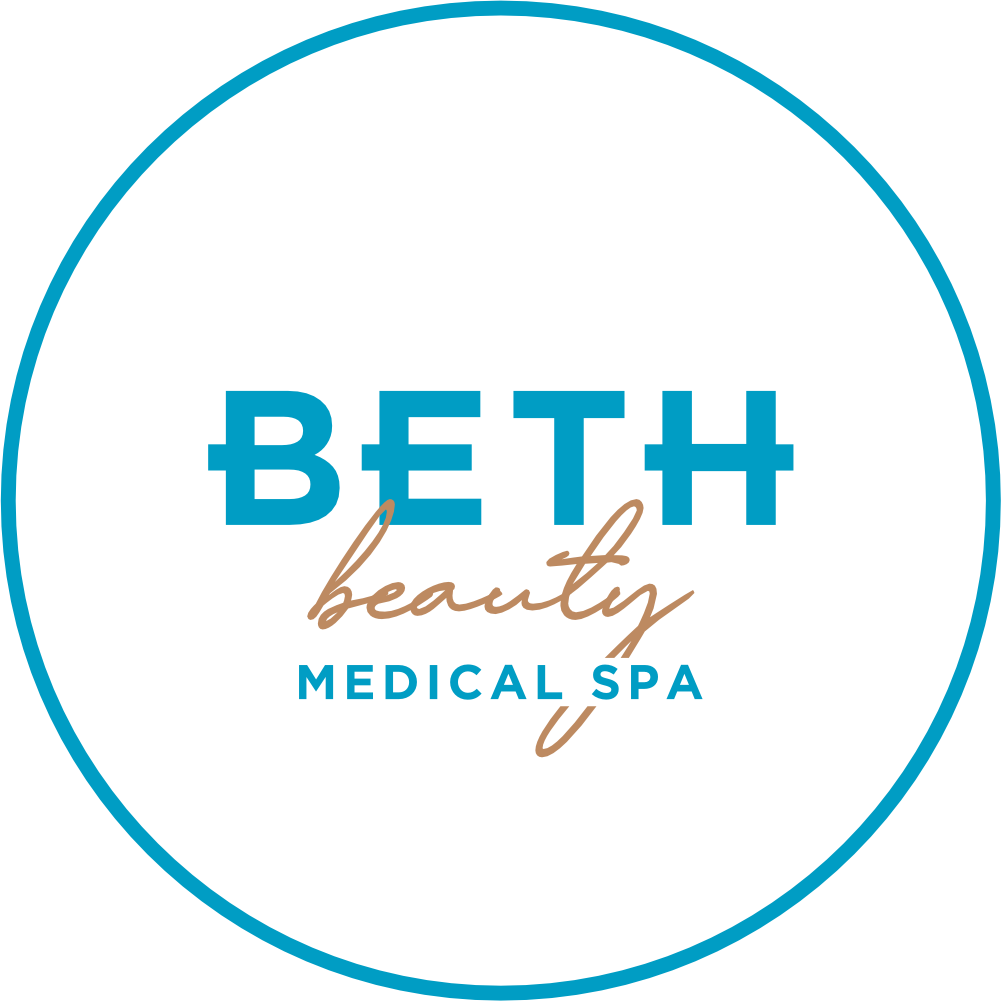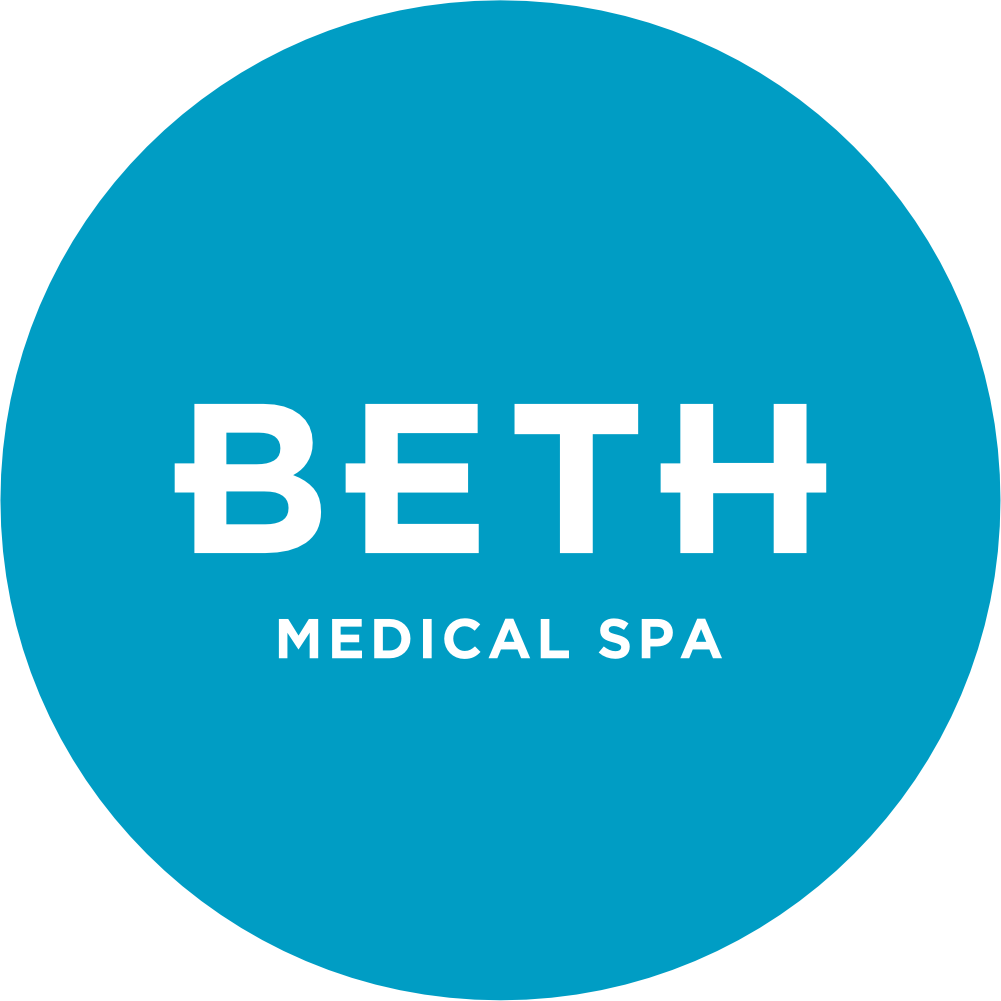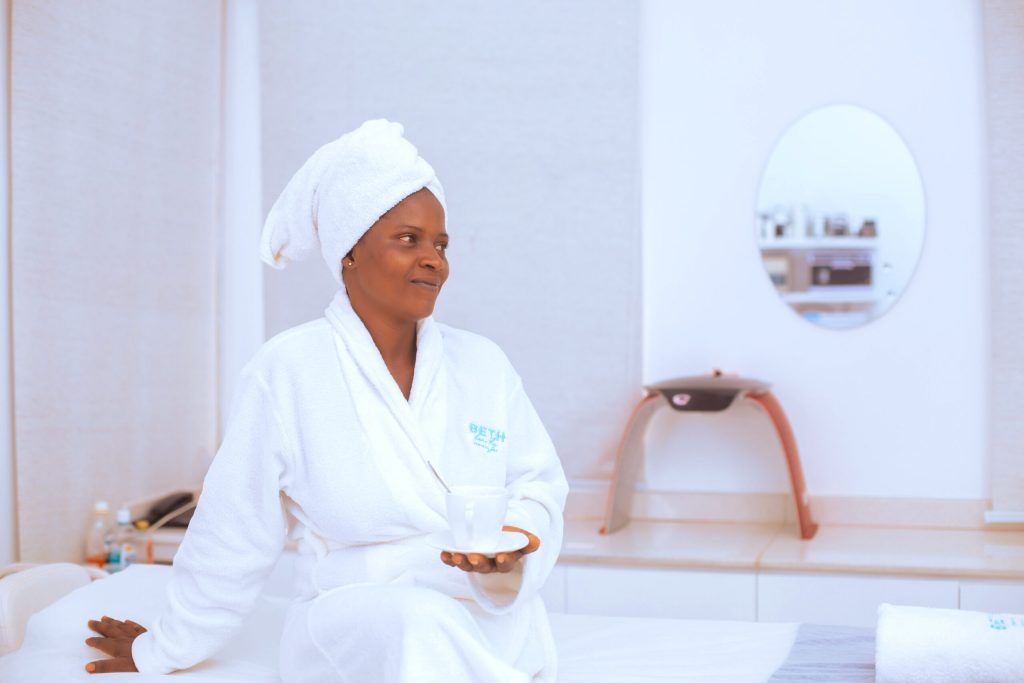Overview
Chemical peel is a cosmetic procedure done with the aid of a chemical solution to remove the top layers of an affected area of the skin.
This process is effective for growing better and fresher skin layers, especially when the outer skin is affected by skin conditions like acne, scars and wrinkles. In this article, we\’ll discuss everything you need to know about chemical peels and how to prepare for your next session.
What Condition Does Chemical Peel Treat?
Chemical peels are specifically used to treat certain skin conditions. Some of these conditions include:
- Specific types of acne
- Hyperpigmentation like dark spots, sun damage and uneven skin colour.
- Rough skin and dull complexion.
- Wrinkles and fine lines
- Melasma – brown or greyish patches on the skin caused by hormonal changes during pregnancy, skin type or cosmetic products.
Types of Chemical Peel
Chemical peel is a skin renewal procedure and depending on the skin condition you’re addressing, you’ll use one of the following peels:
- Superficial Peel: These peels are the mildest and penetrate only the outermost layer of the skin (epidermis). Superficial peels are used to improve skin texture and tone and treat mild discolouration, with minimal downtime. They can also be used to treat skin wrinkles, acne and skin dryness.
- Medium Peel: Medium peels penetrate deeper into the skin, reaching the middle layer (dermis). They often employ stronger chemicals and are effective for treating moderate skin imperfections, including wrinkles, fine lines, acne scars, and pigmentation issues. Medium peels require a longer recovery period compared to superficial peels.
- Deep Peel: These peels penetrate the deeper layers of the skin, reaching the lower dermis. They are highly effective for treating severe skin imperfections, deep wrinkles, advanced sun damage, and precancerous growth. Due to their potency, deep peels require extensive downtime and careful post-treatment care. You don’t have to repeat the procedure once it is done unlike the previous two.
Is Chemical Peel Good for All Skin Types?
Chemical peels can be beneficial for many skin types, but there are some important considerations. Superficial peels are a good option for most people because of their penetration depth and capability to address low-risk cases of skin conditions.
However, if you have a darker skin tone, you could experience a higher risk of hyperpigmentation (darkening) on your skin. It is advisable to seek the medical expertise of qualified dermatologists to know what’s appropriate for your skin.
Chemical peeling may not be recommended for you if:
- You are pregnant or a breastfeeding mother
- You have a history of abnormal scarring.
- You have used certain medications for acne treatments like isotretinoin
- You can’t stay away from the sun to complete the healing process
- Your skin condition is sensitive to medications.
How to Prepare: What to Do Before a Chemical Peel Session?
There are several things you should do before going for a chemical peel to make it an effective session.
- Visit a qualified skin care professional or dermatologist. Whatever decision is made on your skin should be a result of what your dermatologist discovers about it. Your doctor will:
-
- Perform physical examinations on your skin.
- Assess your medical records and also ask questions regarding previous and current medications and cosmetic products in use.
- Outline the expectations after the session, possible risks, duration of treatments and the dos and don’ts to make the treatment effective.
- Prescribe and recommend medications you should use before your chemical peel. These medications could include retinoid cream, a bleaching agent and an antiviral medication.
- Discontinue the use of certain cosmetic products and treatments: Depending on the recommendations of your doctor, you may need to stop certain skincare products or treatments days before your chemical peel.
- Practice diligent sun protection.
- Make adequate preparations for a ride home after your chemical peel
Expectations After a Chemical Peel
Depending on the type you get, the expectations and after-effects of chemical peels vary.
After a superficial chemical peel,
- You will experience slight redness and irritation which is normal. It typically subsides within a few hours.
- Expect scaling to occur for about three to seven days after the chemical peel.
- You can apply makeup on the area after treatment. However, your doctor’s consultation should be your ultimate guide.
- You’ll need three to five peels to achieve your desired goals, so expect consecutive sessions.
After a medium chemical peel,
- You might experience swellings that may last for hours. The swellings are accompanied by redness, skin flaking and a stinging sensation.
- Your skin becomes more sensitive to sun rays which is why you need to minimise your sun exposure.
- Your skin experiences crusting and peeling which lasts for over seven days.
- You can apply makeup five days after your peel. However, your doctor’s consultation and advice is important.
- Your next chemical peel will be months after the first peel.
After a deep chemical peel,
- The treated area might be bandaged to protect the exposed area from irritation or accidental scratching. Bandages are removed after a few days.
- Stay away from sun exposure completely.
- The healing process might take up to 21 days. Antiviral medication should be taken appropriately for days to prevent viral infections.
- You can’t use makeup within the first 2 weeks after treatment. Your doctor’s consultation is highly required.
Benefits of Chemical Peel
Chemical peels offer a range of benefits for improving the appearance and texture of your skin.
- Younger-looking skin: It removes damaged outer layers of skin, revealing smoother, fresher skin underneath.
- Acne Treatment: Chemical peels can treat mild to moderate acne scars effectively. The peeling action helps promote collagen production for a better skin surface.
- Remedy for Uneven Skin Tone: It removes hyperpigmented cells to achieve a more balanced and brighter complexion.
- Clears Fine Lines and Wrinkles
Possible Complications of Chemical Peels
Be rest assured! Chemical peels are generally safe when performed by a qualified dermatologist. However, there are some potential complications to be aware of most of which could happen after the treatment:
- Infections: Although it is a rare complication, improper aftercare or weakened immunity can increase the risk of infection.
- Prolonged redness: Redness is part of the healing signs and processes after chemical peels. Usually, it subsides within a few weeks but there could be rare cases of prolonged redness.
- Pigmentation changes: There is a possibility of experiencing pigmentation changes, especially on darker skin. A dermatologist can recommend peels suited for your skin type and advise on minimizing this risk.
- Scarring: This is more likely in deeper peels or individuals prone to scarring. Your dermatologist’s consultation can assess the risk for you before peeling takes place.
Get the Best of Chemical Peels in Nigeria!
Chemical peels can be a powerful tool for achieving smoother, brighter, and younger-looking skin. But remember, the safest and most effective chemical peel treatments are obtained from qualified personnel.
Visit Beth Beauty MedSpa today for consultations and bookings for your chemical peel session.
Chemical Peel FAQs
Is chemical peel good for skin?
Yes, it is. However, the type of peel to be used for your skin depends on the skin condition, medical history and dermatologist’s consultation.
How long does a chemical peel last?
Superficial peels last between one to two months. You might need frequent peels every 4-8 weeks depending on the skin condition.
Medium peels can last as long as six months or longer while deep peels can last for a year or lifetime. However, it is important to note that the type of peel you’ll use depends on your skin condition and other important factors. Consult your dermatologist for more information.
Do chemical peels hurt?
No, chemical peels don’t hurt. After treatment, the most experience you feel is a sunburn sensation that subsides in a few hours or days depending on the type of peel.


